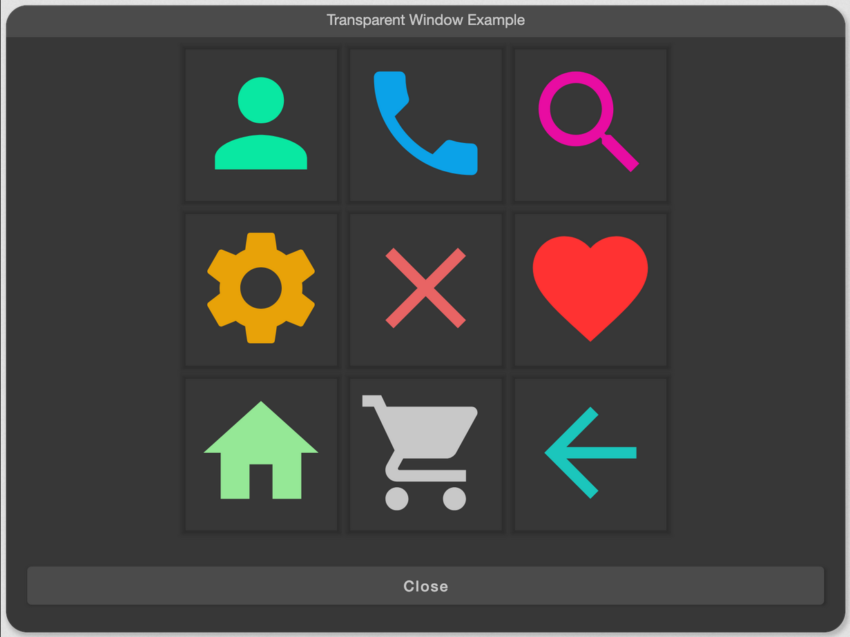JetBrains, the software development tool creator headquartered in Prague, known for IntelliJ IDEA, a renowned Java Integrated Development Environment (IDE), and the Kotlin programming language, has introduced the beta release of Compose Multiplatform. This declarative UI framework for Kotlin, revealed earlier in the year, represents a crucial step in JetBrains’ overarching strategy for UI development using Kotlin.
As part of the company’s vision, Compose Multiplatform builds upon the groundwork laid by Google’s Jetpack Compose, a toolkit for UI development on Android. The objective is to empower developers to apply the same declarative approach and APIs used in Android app development to construct native-feeling user interfaces for desktop and web applications.
Sebastian Aigner, a developer advocate at JetBrains, announced the beta release in a blog post, noting that it brings Compose for Desktop and Compose for Web closer to their stable release later in the year. JetBrains is actively stabilizing APIs in preparation for the 1.0 release and is explicitly marking experimental interfaces. The release now seamlessly incorporates Android artifacts published by Google, eliminating compatibility issues.

Compose for Desktop in this release boasts improved stability on problematic hardware/drivers through intelligent fallback to software rendering, a new mouse pointer API with a hoverable feature, support for transparent windows, and the first preview of accessibility support on macOS.
Meanwhile, Compose for Web introduces the capability to use Scalable Vector Graphics (SVGs) alongside HTML elements in the DOM tree while maintaining compatibility with Compose APIs.
Nikolay Igotti, who leads the Compose project at JetBrains, acknowledged the challenges of building a truly multiplatform UI framework and expressed the team’s commitment to implementing new features and compatibility layers in each version to bring it closer to production-level development.

According to JetBrains’ State of Developer Ecosystem 2021 survey, a majority of software developers focus on creating web and desktop applications, with only 30% specializing in mobile development. Kotlin, recognized as the preferred language for Android development, is statically typed and compiles to both JVM byte code and JavaScript. JetBrains asserts that Kotlin offers greater runtime stability than Java due to its ability to statically check weak points and support features like variable type interface, closures, extension functions, and mix-ins. Additionally, Kotlin is lauded for its concise syntax, reducing code verbosity while maintaining readability. JetBrains initially unveiled Kotlin at the 2011 JVM Language Summit in Santa Clara, CA, and later released it under the Apache 2 Open-Source License.
